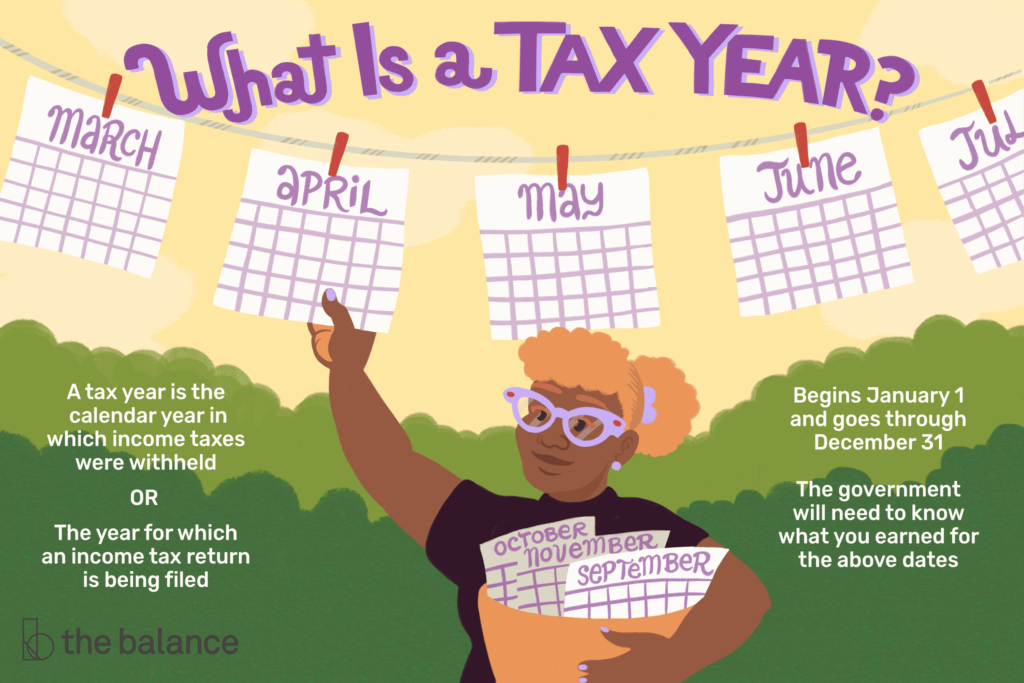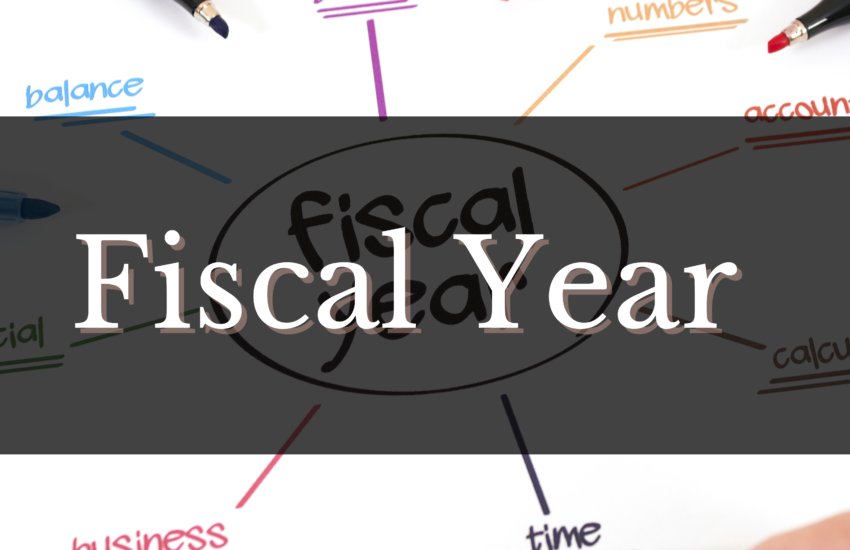A fiscal year is an accounting year that does not end on December 31, it could be a 12-month period or a 52/53-week period. Typically, the term “fiscal year” refers to a one-year period that companies and governments use for financial reporting and budgeting. A fiscal year is most commonly used for accounting purposes to prepare financial statements. For companies that operate on a seasonal basis, using a fiscal year may be beneficial. This is because it may provide a more accurate reflection of the company’s operations, allowing for revenues and expenses to better align. For instance, it is common for retail companies to end their fiscal year on Jan. 31, after the holiday season has ended. The specific dates of a fiscal year are determined by:
- A business’s activities
a retail business may have its busiest period during the holiday season which clashes with calendar year-end reporting, so it chooses other dates
- Revenue cycle
a seasonal business-like tourism or agriculture may choose a fiscal year that aligns better with its revenue and expenses
- Tax reporting requirements
the government specifies these dates

People often presume that a tax year and fiscal year mean the same thing. However, a fiscal year covers a company’s annual accounting period, while a tax year refers to the 12-month period covering a business or individual’s tax return. The tax year dictates the timeline that a person or business uses to submit their income tax to see how much they will owe to or are owed by the government.

From multimillion-dollar businesses to non-profit organizations, fiscal years are commonplace for financial accounting. Here are three common examples of a fiscal year that does not align with the calendar year.
- The US government-
The US federal government’s fiscal year begins October 1 of the earlier year and ends September 30 of the following year.
- Retailers-
A common fiscal year for retailers is February 1 to January 31. Many retailers see a rise in sales during the holidays, particularly at the end.
- School districts-

For many school systems, a fiscal year starts July 1 and ends June 30, around when school is usually let out for summer.
Using a fiscal year comes with several advantages for certain types of businesses:
- Consideration of seasonal profits- Helps present a more accurate picture of a company’s financial performance.
- Helps avoid tax burdens- Businesses that receive big investments during the end of the calendar year but don’t sustain major expenses until the early months of the calendar year can wind up creating a tax burden. Using a different fiscal year can help avoid this.
- Avoidance of traditional tax and audit season
While a fiscal year comes with its advantages, so does a calendar year. Consider some of the benefits the calendar year provides:
- Simplicity-When a businesses’ tax year aligns with that of the business owner, it makes it easier to report taxes.
- Widespread use- Since most companies and individuals follow a calendar year, it’s easier to follow the same system.

It’s important to make smart decisions when it comes to accounting and your finances. While a calendar makes it easy to manage your financial and accounting affairs, it doesn’t always offer the greatest advantages. That’s because using a calendar year can potentially create inaccurate measurements for certain businesses. Seasonal businesses benefit the most from the use of a fiscal year. Also, any businesses that have characteristics that can lead to inaccurate accounting from the use of a calendar year can benefit from the use of a fiscal year.

